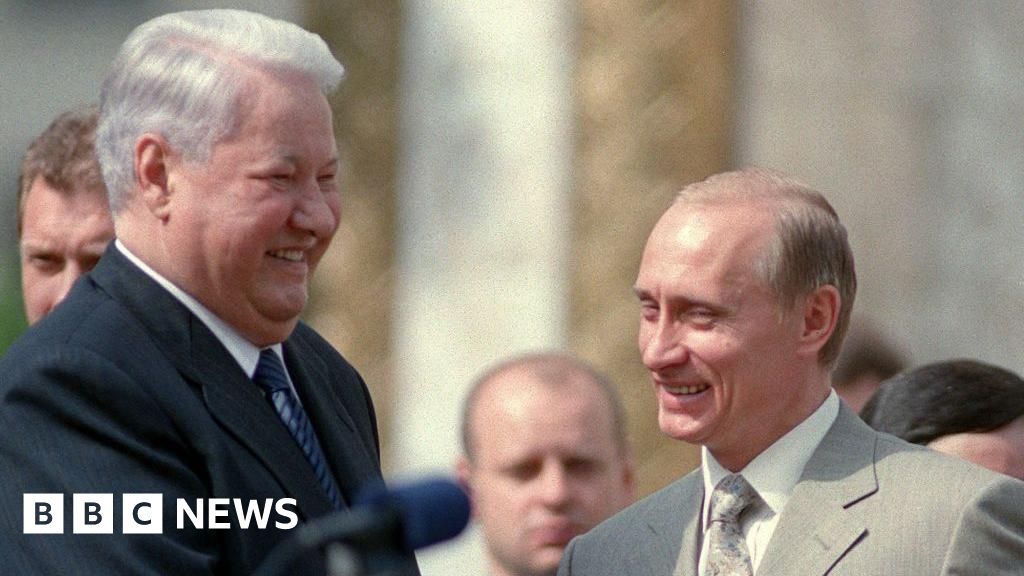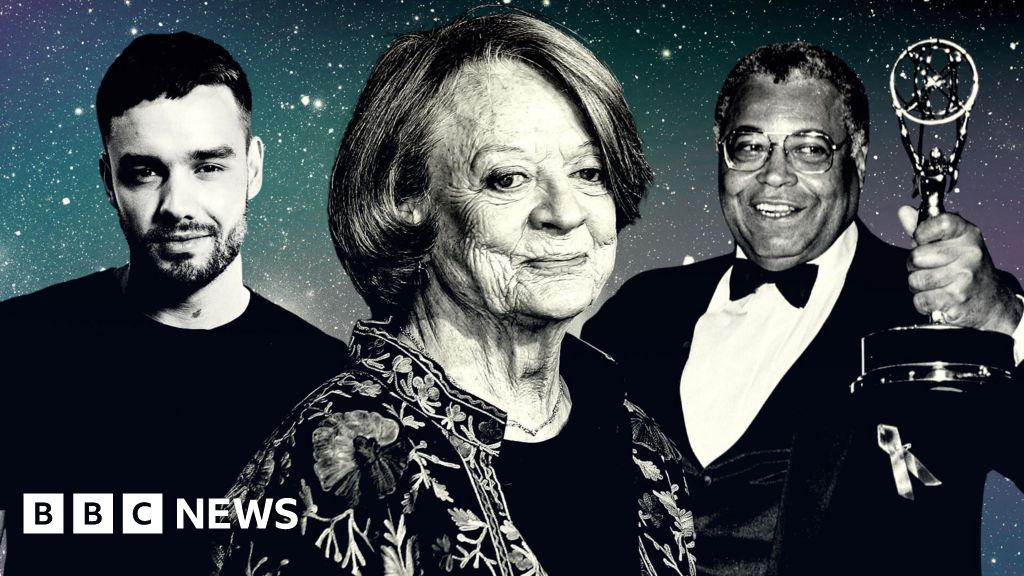Englishman Seb Hines says "being a trailblazer comes with responsibility" after he became the first black manager to win a trophy in the National Women's Soccer League (NWSL) with Orlando Pride.
Orlando won the league title - the NWSL Shield - a fortnight ago, with Marta's penalty setting up a 2-0 win over Washington Spirit that delivered the club's first piece of silverware.
Hines, 36, was born in Leeds and spent 10 years playing for Middlesbrough in the Championship before moving his family to Orlando at the end of his career.
He moved into coaching, starting out in volunteering roles before eventually taking over at Orlando Pride after an independent investigation found abuse and misconduct was "systemic" in NWSL clubs, including at Pride.
Hines has reshaped the club's culture since taking over in 2022 and, alongside assistant coaches Giles Barnes and Yolanda Thomas, has become an inspiration for black coaches in the United States with their recent success.
"I was the first black coach in history to take over in the NWSL," Hines told BBC Sport.
"The league has been going for over 10 years so to be the first shows it has moved forward, but also makes you wonder why other black coaches weren’t getting opportunities before.
"Being a trailblazer comes with a big responsibility because I want to advocate for more black coaches and diversity within the sport.
"It’s a responsibility to fight for more equality globally. It’s less about winning and more about breaking those barriers. I want to continue to give hope to others."
Orlando Pride's success this season means they are already the number one seed heading into the play-offs.
They take on Gotham FC in one of their two remaining regular-season games on Sunday (kick-off 22:00 BST), hoping to extend their unbeaten run for the calendar year.
Having played under managers Steve McClaren, Gareth Southgate, Aitor Karanka, Tony Mowbray and Gordon Strachan at Middlesbrough, Hines says he has learned from some of the best in his career.
But now the former defender hopes to develop his own coaching journey and provide a pathway for other black managers, not just in the US, but around the world.
"We’re one of the few [NWSL clubs] that have black coaches in their environment," he added.
"I’m so grateful to have [my assistant coaches] Giles Barnes and Yolanda Thomas alongside me to help grow the sport and get more opportunities for others.
"When I first took over it was to give back to the community. There has been so much disappointment so to get some silverware is massive for the city.
"But it’s also my role to continue to push the narrative for black coaches and make sure others are out there and can use me as an example to aspire to."
Thomas was appointed to Hines' staff last year and has vast experience of coaching across all age groups in America, as well as analysis work with US Soccer.
She is vice-chair for US Soccer's 'Black Coaches Community' and leads on an initiative called 'Moms Who Coach.'
Thomas says if you work long enough in women's sport "you either become an activist for women or you quit" but seeing inequality in football has encouraged her passion to drive change.
Her inspiration stemmed from a run-in with former England manager Hope Powell - the first black female coach Thomas had seen while playing football.
"I was playing in the youth teams for Sweden and we played against England. Hope Powell was the coach. That was the first time I saw anyone who looked like me," Thomas told BBC Sport.
"I had dreadlocks at the time and so did she. I thought 'wow, she looks like me and she is doing this. I am going to do that.'
"That was the seed planted in me. I didn’t say anything to her but the ability to see someone that looked like me, in that position, inspired me."
Thomas has never met and spoken to Powell but she remains a key influence on her life.
"I think about it often. I am very aware each time I walk into a stadium, that there are no other black women coaching. It’s not lost on me," she added.
"I hope my visibility will create an opportunity and a sense of 'I can do that' too. I chose a long time ago to not view it as a burden but a privilege.
"If I fail, unfortunately it could impact those after me. That is unfortunate but it’s my reality. I just decide to take on that attitude and think 'it’s not just for me, but for those who come after me.'"
 (1).png)
 2 months ago
11
2 months ago
11













